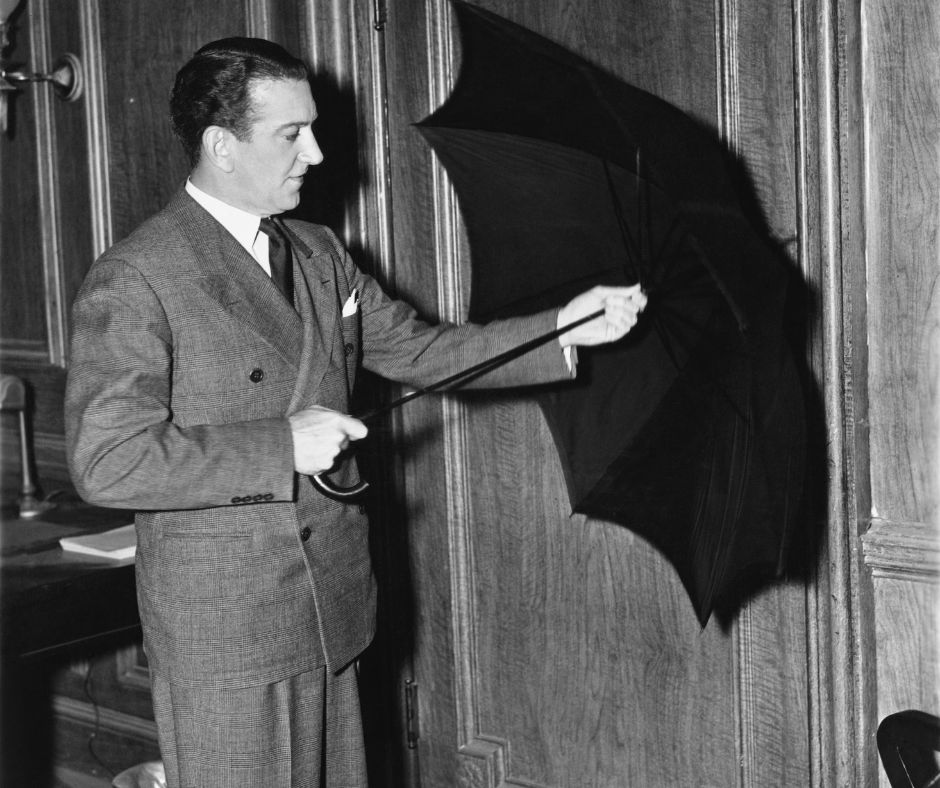Knock on Wood: The Interesting Origins of Common Superstitions
Superstitions are everywhere. But where did they come from, and why do we still believe in them today?

Even though we live in a modern world, these old superstitions continue to capture our imagination. They remind us of ancient beliefs, cultural traditions, and the human desire to feel just a little more in control of fate. Whether you avoid stepping on cracks in the sidewalk or always pick up a lucky penny, you’re keeping a piece of history alive.
Let’s take a look at the history behind a few of the most famous superstitions.
KNOCKING ON WOOD
This very comon superstition dates back to ancient civilizations like the Celts, who believed that spirits and gods lived inside trees. Knocking on the wood was a way to call on those spirits for protection or to ward off bad luck. Today, people still tap on a table or doorframe when they want to keep good fortune from slipping away.
BREAKING A MIRROR
The idea that breaking a mirror brings misfortune comes from the Romans, who believed mirrors reflected not just your image but your soul. They also believed life renewed itself every seven years, which is why the curse supposedly lasts that long. While we may not take it seriously today, many of us still feel a twinge of dread when glass shatters.
BLACK CATS
Black cats were often associated with witches and dark magic, back in the Middle Ages. They were thought to be bad omens, especially if one crossed your path. However, in other cultures, like in parts of Japan and the UK, black cats are actually symbols of good luck and prosperity. Sounds like it’s all a matter of perspective!
WALKING UNDER A LADDER
A triangle is formed when a ladder is leaning against a wall, and so was considered sacred in ancient Egypt; This symbolizes the trinity of the gods.
Walking under it (or, “through” it) was seen as breaking that holy shape…. and bringing bad luck. Over time, the practical danger of ladders also reinforced the belief that passing beneath one wasn’t wise.
LUCKY HORSESHOES
Hanging a horseshoe over a doorway for good luck is a tradition that comes from both superstition and practicality. Horeshoes are made of iron (believed to ward off evil spirits), and the crescent shape was linked to the moon and fertility. It was believed that when nailed above a door, it would protect the home and everyone inside.
THE 13TH
The fear of Friday the 13th (called paraskevidekatriaphobia - pronunciation, listed below, just for funsies) comes from a mix of folklore and religion.
Thirteen has long been considered unlucky in Western culture — linked to Norse myths and the Last Supper, where Judas was the 13th guest. Pairing it with Friday, the day of Jesus’s crucifixion, cemented its spooky reputation.
**(Learn a new word): paraskevidekatriaphobia
Para - ske - deck - a - tree - a - phobia
SPILLING SALT
Salt was very valuable in ancient times, and often used as currency, so spilling it was thought to invite bad luck — and possibly betrayal.
People began tossing a pinch of spilled salt over their left shoulder, where the devil was said to be lurking. to try and counter the curse.
OPENING AN UMBRELLA INDOORS
This superstition is likely to have started in Victorian England; There, early umbrellas were large, spring-loaded contraptions with metal spokes. Opening one indoors was dangerous and could easily break objects (or injure people). Over time, the practical warning evolved into a belief that it brought bad luck.

